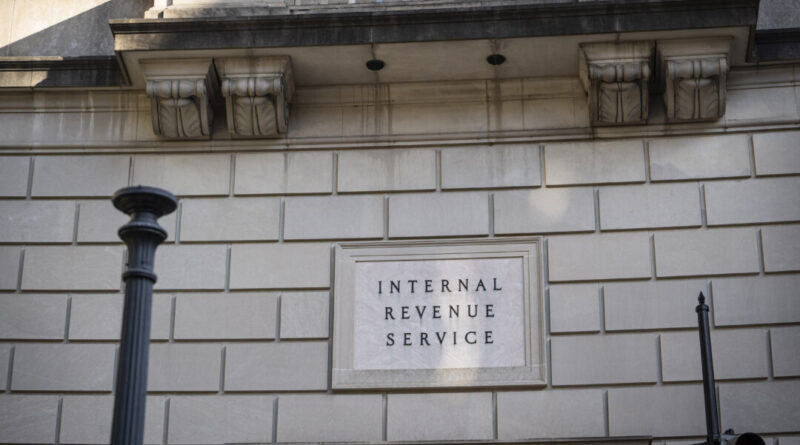IRS Increases Vehicle Business Use Tax Deduction by Almost 4.5%
The deduction applies to vehicles owned or leased by a taxpayer.
The IRS is increasing the travel tax deduction available for taxpayers due to a rise in vehicle expenses this year.
“Numerous factors continue to impact driving expenses significantly,” commented Motus CEO Phong Nguyen.
“It’s crucial for business leaders to support employees who drive as part of their job and rely on their vehicles for work by implementing fair and precise reimbursement strategies while also optimizing reimbursement spending and reducing waste and risk.”
Taxpayers can opt out of the IRS’s standard mileage rate for calculating vehicle expenses. Instead, they may compute and deduct the actual costs.
However, “taxpayers using the standard mileage rate for a vehicle they own and use for business must choose to use the rate in the first year the vehicle is made available for business use,” according to the IRS.
Claiming Deductions
If taxpayers choose to calculate the actual costs involved in operating a vehicle, they need to consider expenses such as “gas, oil, repairs, tires, insurance, registration fees, licenses, and depreciation (or lease payments)” related to the business use of a vehicle, as stated by the IRS.
“Other vehicle expenses for parking fees and tolls related to business use are separately deductible, regardless of whether you use the standard mileage rate or actual expenses,” the agency noted.
There are specific criteria to be met to claim deductions using the standard mileage rate. For instance, the taxpayer must own or lease the vehicle for which the rate is being claimed. Additionally, they cannot operate five or more vehicles simultaneously.
This includes documentation of mileage traveled, the dates on which business travel took place, and the trip’s purpose.
Taxpayers must also record essential details related to such travel, such as the starting and ending points of a trip, the initial and final odometer readings, and other travel costs like toll receipts or parking fees.
The mileage logs will be helpful during IRS audits, the company stated, emphasizing that it’s wise to keep mileage records for as long as there is a chance of an audit.




